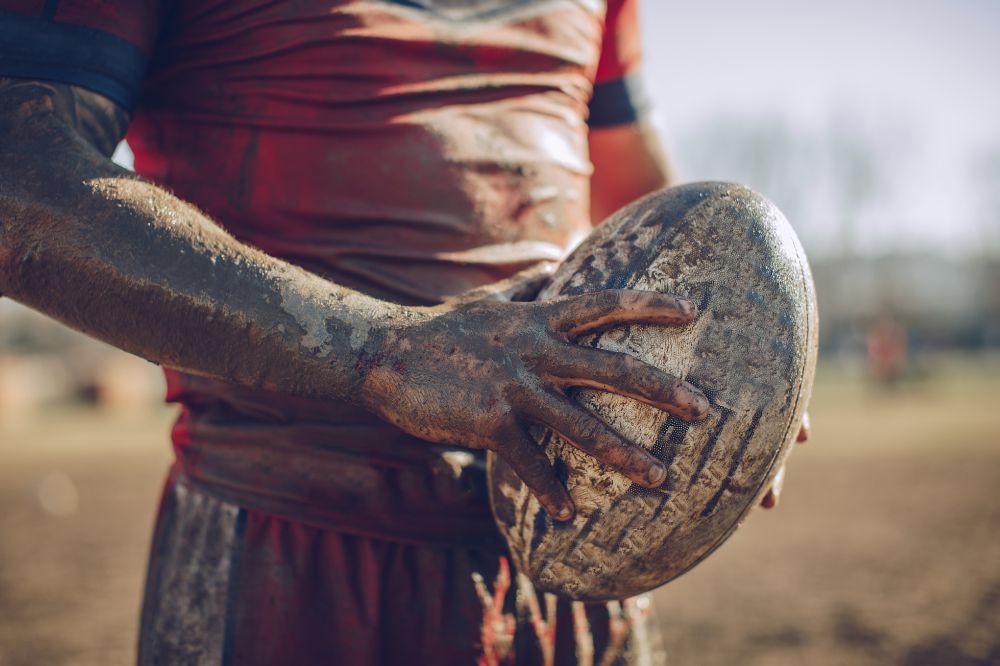No protection for players from dangers of rugby turning professional – claim

Rugby authorities failed to protect players from dangers linked to the sport turning professional in the 1990s, it has been claimed.
Lawyers acting on behalf of 480 professional, semi-professional and amateur former players say the game’s governing bodies were, or should have been, aware of a series of factors arising from the advent of professionalism in 1995 that increased exposure to head injuries.
Professionalism led to more matches, more contact training and more substantial collisions owing to players spending more time in the gym and becoming larger, stronger and fitter, according to the particulars of the claim, which are understood to have been served to World Rugby, the Rugby Football Union and the Welsh Rugby Union.
Head contacts
Tackle technique and height changed so that head contacts were more routine, while win bonuses and appearance fees incentivised the under-reporting of head injuries and led to players being allowed to play when it was not safe to do so, the particulars, seen by the PA news agency, state.
Teams were “routinely” failing to remove concussed players from the field of play or from training, the claim said.
The claim alleges that when a player was removed from any game having suffered a concussion, this was routinely done significantly after the concussion occurred so that the player could be brought off for what was said to be a different injury, such as a knee injury.
Registering a different injury meant the team and player could avoid the mandatory three-week stand-down in place prior to 2011.
The claim said players who had suffered concussions were routinely revived with smelling salts or cold water on a sponge rather than be taken off the field of play.
Neurocognitive disease
“In spite of the well-established link between neurocognitive disease and disability and repetitive concussive and sub-concussive injuries, the defendants failed to take any, or any adequate, steps to reduce the claimants’ exposure to concussive and sub-concussive blows,” the document states.
“On the contrary, since rugby union became a professional sport in 1995, the players’ exposure to contact and concussive/sub-concussive blows increased. There was a significant change to how the game was played, including the amount and type of training performed.
“The newly-formed professional game had little idea how to adapt to a full-time professional working week with most clubs devoting a significant amount of the time available to contact training.”
England 2003 World Cup winners Steve Thompson, Phil Vickery and Mark Regan are among those named in the proceedings.
The next court hearing is listed for one-and-a-half days between February 4 and 5 next year, where the actions for rugby union and rugby league will be heard together.
In the meantime, the parties are complying with the current set of directions in respect of drafting pleadings and the collation of medical evidence and club and medical records.
World Rugby, the RFU and the WRU have been contacted for comment.
Support our Nation today
For the price of a cup of coffee a month you can help us create an independent, not-for-profit, national news service for the people of Wales, by the people of Wales.





